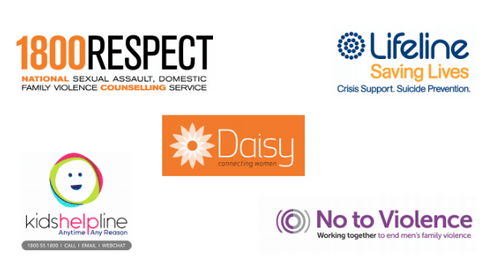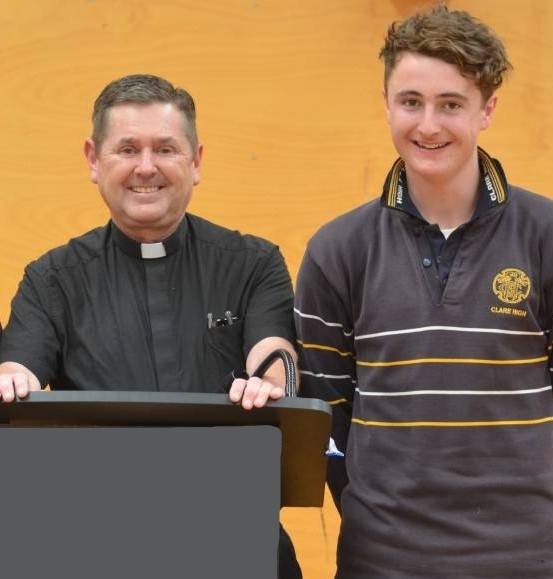If you or anyone you know is in need of help:

Family violence is the use of violence, threats, force or intimidation to control or manipulate a family member, partner or former partner.
Acts of family violence not only include;
- Assault
- Physical injury
But also;
- Threats (direct and indirect)
- Sexual assault
- Controlling access to money
- Damaging property
- Social isolation
- Emotional and psychological torment
- Any behaviour which causes a person to live in fear
Anyone can be affected by family violence. A person’s age, gender, sexual identity, cultural background, ability, religion, wealth, status or even location doesn’t matter.
Between 2014 and 2016 there were 264,028 domestic violence incidents reported and recorded.
In 2017–18, 22% (26,500) clients seeking specialist homelessness services as a result of family or domestic violence were aged 0–9 (AIHW 2019d).
In 2016–17, there were 288 hospitalisations of children for abuse injuries perpetrated by a parent (217 hospitalisations) or other family members (71 hospitalisations) (AIHW analysis of National Hospital Morbidity Database).
Many children have witnessed violence: 418,000 women and 92,200 men who had experienced violence from a previous partner said the children in their care had witnessed this violence (ABS 2017c).
Child abuse and neglect is the highest health risk factor for women aged 0-44 and boys aged 0–14 (AIHW forthcoming 2019).

I was only 7 when my father lost his job. He started drinking, spending most of his time between pubs and taking out his frustration and anger on my mother and I. It started with arguments and then became more violent. I felt like I was constantly walking on eggshells. When my mother left it only became worse. I never knew what was going to set him off and what would happen.
I was struggling with school and my grades were dropping. I felt like I didn't belong.
I had just turned nine the first time I ran away. The police picked me up and brought me back home, then my father beat me the moment they drove away.
By twelve the police had brought me home more times than I can remember and each time things just got worse.
At thirteen my father had had enough and told me not to bother coming back. I left with only what I was wearing and the few things he threw at me on my way out.
I lived rough in the city for a few months, trying to stay out of sight and out of trouble. That’s when Father Chris Riley found me. I was tired, hungry and desperately cold. At first I didn’t tell him much about myself because I didn’t want him to call the police or send me back.
That was the day my life was turned around. Father Chris helped me work on my trust and anger issues and I was able to get caught up with my schooling.
I haven’t seen either of my parents in years, and I’m at peace with that. I feel like I’ve found my family through Father Chris and Youth off the street.
Axyl is getting ready to transition out of Youth off the Street services as he will soon be turning 18.
Axyl has been inspired by his time with Father Chris Riley and is looking to enrol in a community services course at TAFE where he can utilise his improved communications skills and experiences to assist others.
